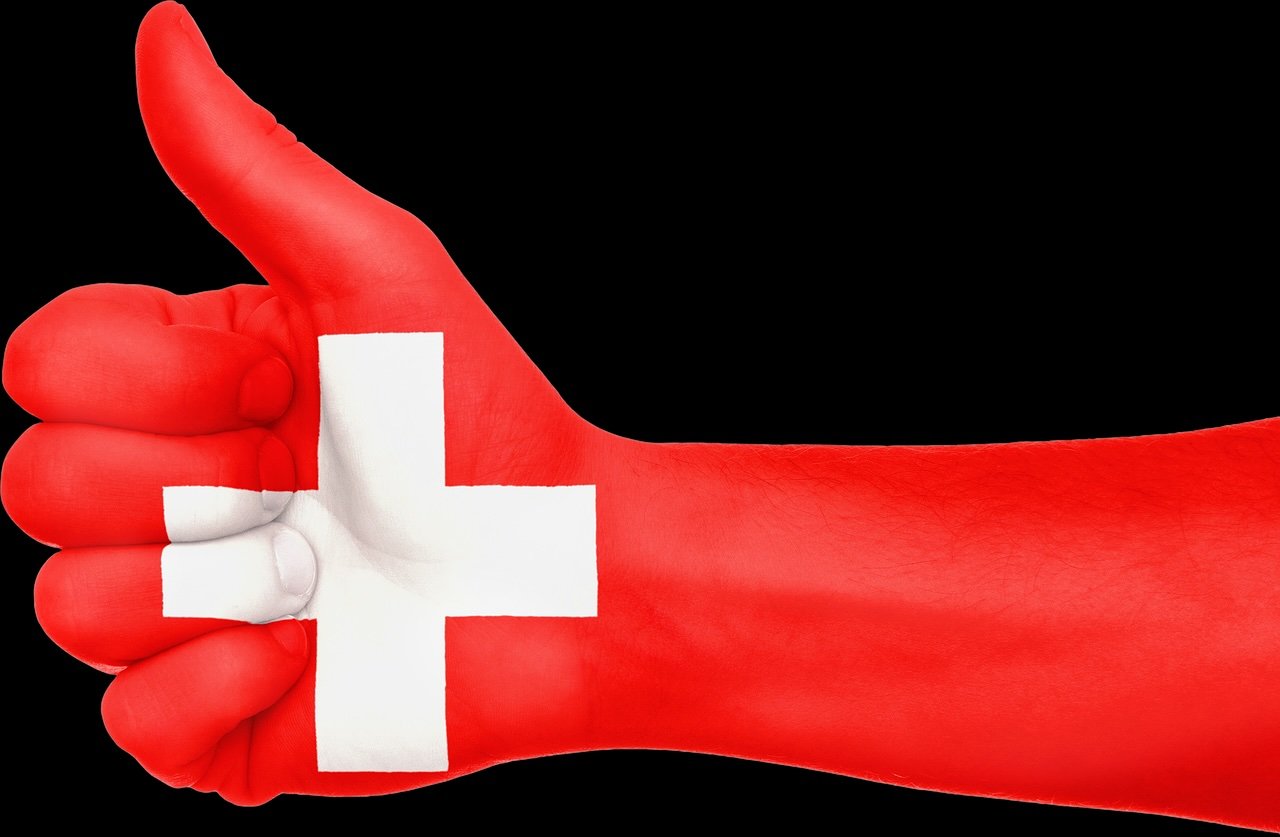Do I have to tell Swiss authorities I am a dual citizen?

In Switzerland, 20 percent of the country’s resident population aged 15 and over has dual citizenship — that is just over 1 million people. We look at whether you have to declare this to the various authorities in Switzerland, and how it affects you.
Dual citizens are foreigners who obtain citizenship of their country of residence while still maintaining the nationality of their place of origin.
While their home country still claims them as their own, on Swiss soil, they are regarded as citizens of Switzerland with all the rights and obligations this status commands.
So for all intents and purposes, from the legal perspective, these people are classed as ‘Swiss’ as their native counterparts, and are counted in national statistics as such.
Do you have to inform your local authorities that you have become Swiss?
Perhaps you want to shout about your new citizenship from the rooftops, but you really don’t have to.
While you may want to share this news with your friends and co-workers, notifying federal, cantonal, and communal authorities, is not necessary.
Why?
They already know.
Switzerland’s ‘officialdom’ is very well organised and the government knows everything about you.

In most cases, you can have a Swiss passport and a foreign one too. Image by CatsWithGlasses from Pixabay
Whether this is comforting or scary is another matter, but the fact is that the government is aware of any changes in the population’s status and demographics.
Once you are naturalised, two things will happen
The first thing to know is that the commune/municipality in which you were naturalised will send you a ‘welcome’ letter and (depending on the state of its finances) may even invite you to a dinner so you can meet your town council as well as other immigrants who had recently become citizens of a given community.
READ ALSO: Why do Swiss passports show ancestry rather than birthplace?
Secondly, you will likely also receive a letter letting you know where and how to apply for a Swiss passport and ID card (you usually receive them together).
READ ALSO: Why you shouldn't wait to get your Swiss passport after obtaining citizenship
And by the way, the same holds true whether you are dual national, or become Swiss without the second citizenship.
What about taxes — where must you pay them?
The only glitch for people with two nationalities could be taxation, especially if you a dual Swiss /US citizen and are required to declare your income and assets in both countries.
If your other nationality is from the EU, on the other hand, things are simpler.
The reason is that most of the European Union countries have double tax agreements with Switzerland.
It means that the income earned in the country where you work and live (Switzerland) might be taxable only in that country and exempt from tax in your country of origin.
Comments
See Also
Dual citizens are foreigners who obtain citizenship of their country of residence while still maintaining the nationality of their place of origin.
While their home country still claims them as their own, on Swiss soil, they are regarded as citizens of Switzerland with all the rights and obligations this status commands.
So for all intents and purposes, from the legal perspective, these people are classed as ‘Swiss’ as their native counterparts, and are counted in national statistics as such.
Do you have to inform your local authorities that you have become Swiss?
Perhaps you want to shout about your new citizenship from the rooftops, but you really don’t have to.
While you may want to share this news with your friends and co-workers, notifying federal, cantonal, and communal authorities, is not necessary.
Why?
They already know.
Switzerland’s ‘officialdom’ is very well organised and the government knows everything about you.

Whether this is comforting or scary is another matter, but the fact is that the government is aware of any changes in the population’s status and demographics.
Once you are naturalised, two things will happen
The first thing to know is that the commune/municipality in which you were naturalised will send you a ‘welcome’ letter and (depending on the state of its finances) may even invite you to a dinner so you can meet your town council as well as other immigrants who had recently become citizens of a given community.
READ ALSO: Why do Swiss passports show ancestry rather than birthplace?
Secondly, you will likely also receive a letter letting you know where and how to apply for a Swiss passport and ID card (you usually receive them together).
READ ALSO: Why you shouldn't wait to get your Swiss passport after obtaining citizenship
And by the way, the same holds true whether you are dual national, or become Swiss without the second citizenship.
What about taxes — where must you pay them?
The only glitch for people with two nationalities could be taxation, especially if you a dual Swiss /US citizen and are required to declare your income and assets in both countries.
If your other nationality is from the EU, on the other hand, things are simpler.
The reason is that most of the European Union countries have double tax agreements with Switzerland.
It means that the income earned in the country where you work and live (Switzerland) might be taxable only in that country and exempt from tax in your country of origin.
Join the conversation in our comments section below. Share your own views and experience and if you have a question or suggestion for our journalists then email us at [email protected].
Please keep comments civil, constructive and on topic – and make sure to read our terms of use before getting involved.
Please log in here to leave a comment.